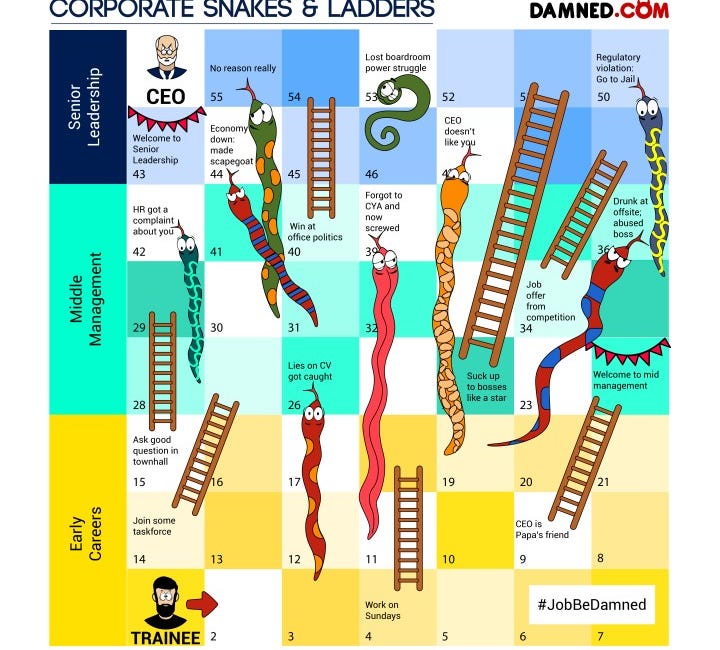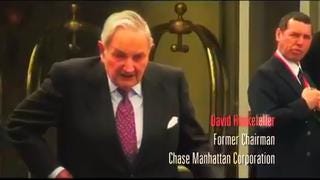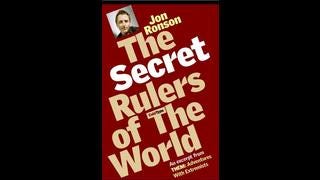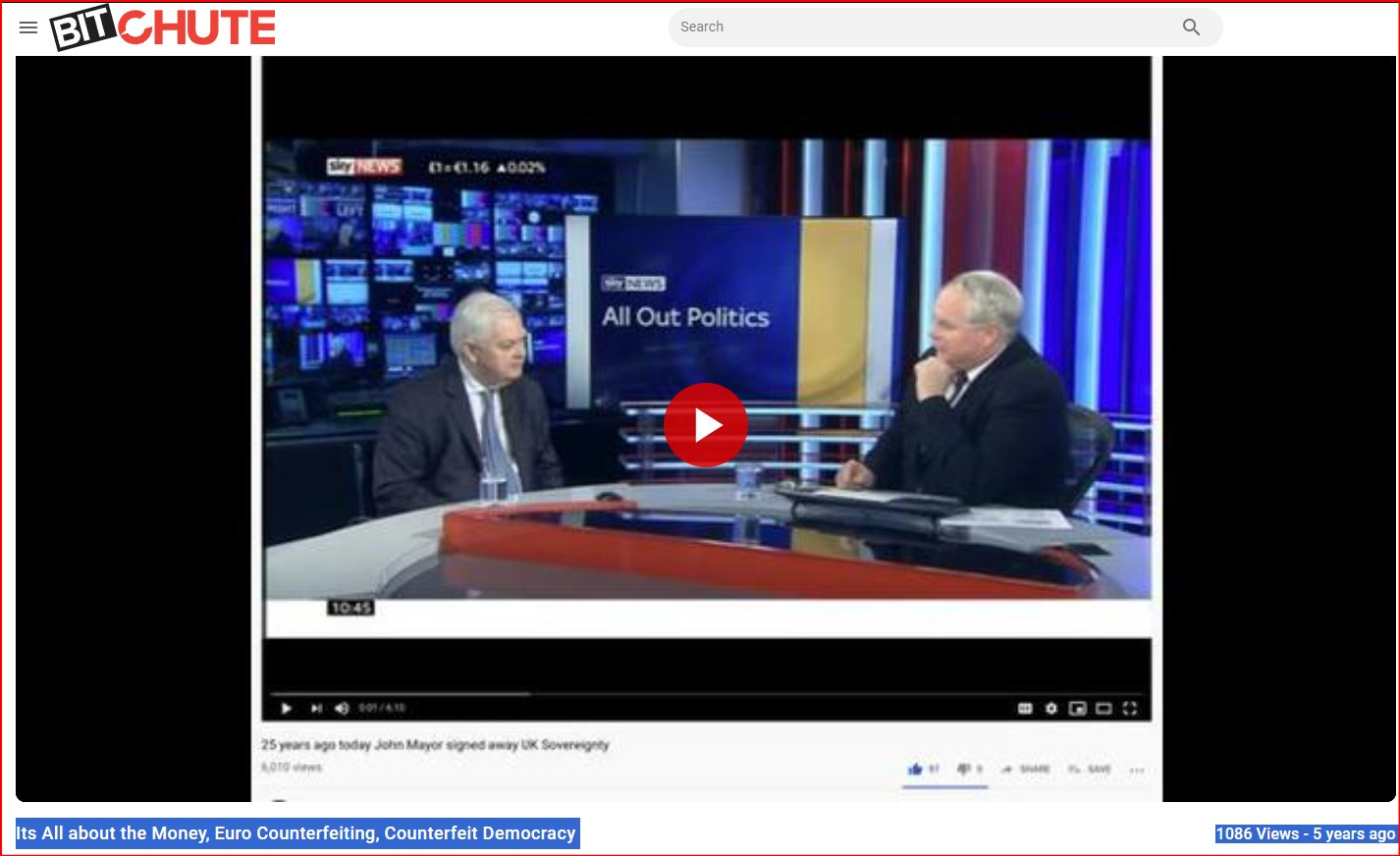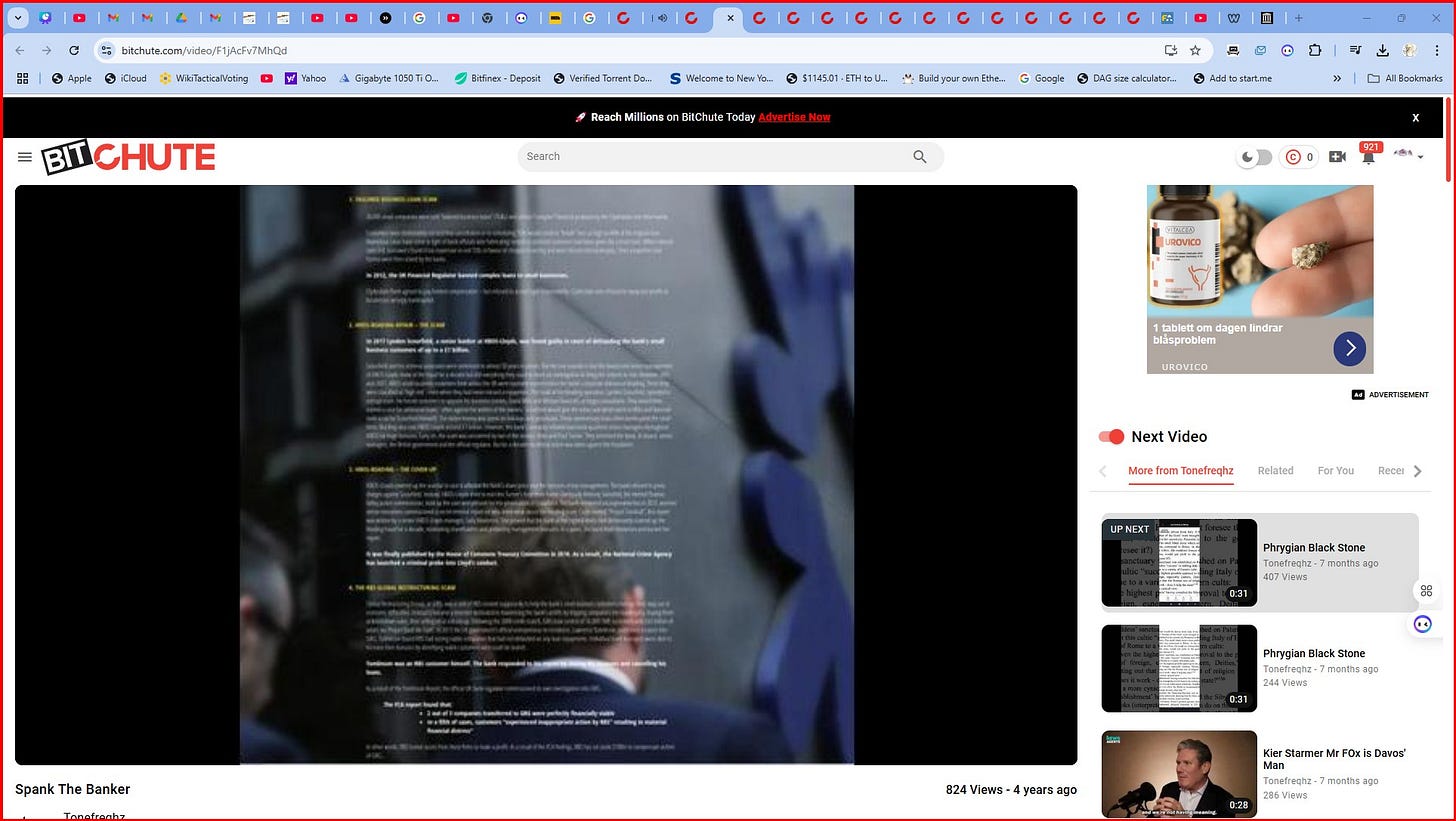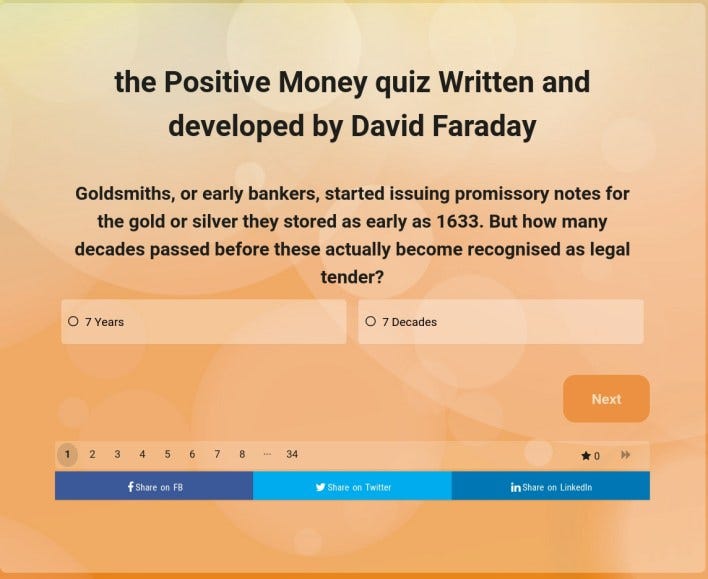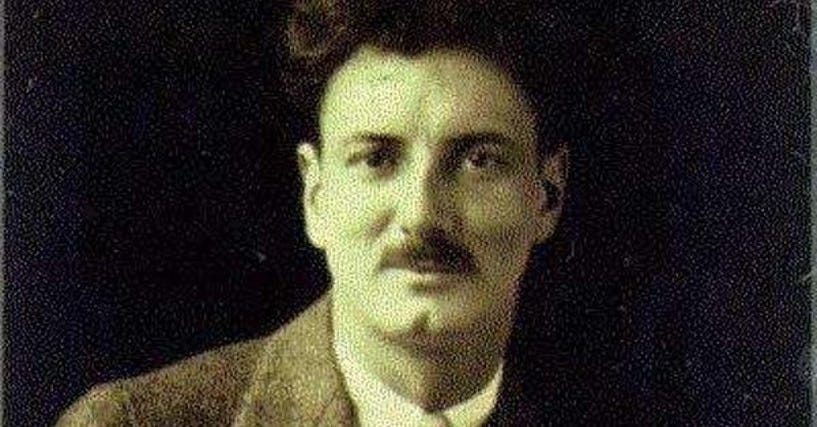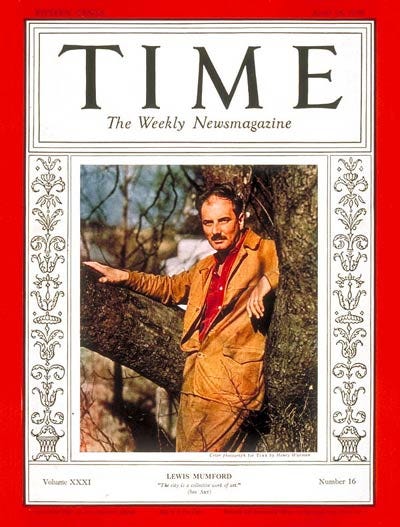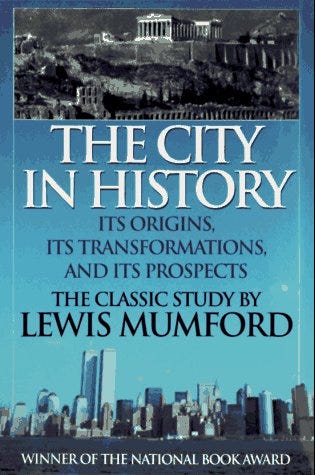BlackRock and the Rise of Algorithmic Control
The Gates of Technocratic Hell.
Here’s a structured summary of *HyperNormalisation* (2016) by Adam Curtis, broken into chapters based on the running order and grouped into overarching themes. This organization aligns with the key ideas you’ve mentioned: **manufacturing consent**, **narratives**, **Rovian actors in history**, **false flags and regime change/colour revolutions**, and **the technocratic age**.
---
### **Chapter Summaries by Running Order**
#### **Introduction: The Strange Time We Live In (0:00 - 2:45)**
- Opening with a sense of chaos and confusion in modern society: suicide bombings, waves of refugees, Brexit, Donald Trump, and Vladimir Putin.
- Politicians, financiers, and technocrats have retreated from real complexities, creating a "fake" world of simplified narratives that we all accepted because it was reassuring.
---
### **Theme 1: Manufacturing Consent**
#### **Chapter 1: The Rise of Financial Power in New York (2:45 - 9:33)**
- **Key Events**:
- In 1975, New York City faced financial collapse. Banks took control of the city’s governance, enforcing austerity measures.
- Politicians were sidelined, and the logic of the market began to dominate society.
- Radicals and artists retreated into individualism, abandoning collective political action.
#### **Chapter 2: Kissinger’s Cold War Realpolitik and the Middle East (9:33 - 18:00)**
- **Key Events**:
- Henry Kissinger’s "balance of power" strategy in the Middle East fractured Arab unity, sidelining the Palestinians and empowering Israel and Egypt.
- Assad of Syria, betrayed by Kissinger, warned of the release of "demons" in the Arab world.
- The seeds of future instability were planted as Kissinger prioritized systemic stability over justice.
#### **Chapter 3: The Soviet Union’s HyperNormalisation (19:05 - 23:22)**
- **Key Events**:
- In the 1980s, the Soviet Union became a "fake" society where everyone knew the system was failing, but no one could imagine an alternative.
- The term "hypernormalisation" is introduced to describe a society where the fakeness is so pervasive it becomes normal.
---
### **Theme 2: Narratives and the Construction of Reality**
#### **Chapter 4: Gaddafi and the Creation of a Supervillain (49:33 - 1:04:06)**
- **Key Events**:
- The Reagan administration, seeking a simple villain, manufactured Colonel Gaddafi as a global terrorist mastermind.
- Gaddafi played along, using the attention to bolster his image as a revolutionary.
- The American government blurred fact and fiction, creating a new form of "perception management."
#### **Chapter 5: The Rise of Cyberspace and Individualism (1:14:08 - 1:25:32)**
- **Key Events**:
- The internet emerged as a utopian space where individuals could escape the complexities of politics.
- Algorithms and intelligent agents began shaping people’s perceptions by reflecting back their preferences, creating isolated bubbles of reality.
#### **Chapter 6: The Iraq War and the Collapse of Truth (1:44:05 - 1:55:01)**
- **Key Events**:
- The invasion of Iraq was justified with fabricated evidence, such as the infamous "glass beads" from *The Rock*.
- The war exposed the complete breakdown of trust in political narratives, as lies layered upon lies created a make-believe world.
---
### **Theme 3: Rovian Actors in History**
#### **Chapter 7: Vladislav Surkov and Non-Linear Warfare (2:21:00 - 2:24:43)**
- **Key Events**:
- In Russia, political technologists like Vladislav Surkov turned politics into a performance, where reality was constantly shifting.
- Surkov sponsored opposition groups, neo-Nazis, and human rights organizations simultaneously, creating confusion and undermining opposition.
#### **Chapter 8: Donald Trump and the Weaponization of Perception (2:25:03 - 2:30:34)**
- **Key Events**:
- Trump used contradictory statements and falsehoods to manipulate public perception, making traditional journalism irrelevant.
- His campaign mirrored Surkov’s strategy of destabilizing reality to gain power.
---
### **Theme 4: False Flags and Regime Change**
#### **Chapter 9: The Arab Spring and the Failure of Revolutions (2:08:26 - 2:19:54)**
- **Key Events**:
- The Arab Spring, initially seen as a triumph of grassroots democracy, descended into chaos.
- In Egypt, the revolution was co-opted first by the Muslim Brotherhood and then by the military, leaving the original activists disillusioned.
#### **Chapter 10: Libya and the Reinvention of Gaddafi (1:50:40 - 2:15:09)**
- **Key Events**:
- After the Iraq War, Gaddafi was rehabilitated by the West as a model of reform, only to be overthrown during the Arab Spring.
- His death marked the end of a cycle of manipulation and the beginning of Libya’s descent into chaos.
---
### **Theme 5: The Technocratic Age and the Loss of Agency**
#### **Chapter 11: BlackRock and the Rise of Algorithmic Control (1:16:03 - 1:18:25)**
- **Key Events**:
- Larry Fink’s BlackRock developed Aladdin, a computer system that manages $15 trillion in assets by predicting and avoiding risk.
- This technocratic system prioritizes stability over change, reinforcing the status quo.
#### **Chapter 12: Social Media and the Bubble Effect (2:05:10 - 2:07:37)**
- **Key Events**:
- Social media algorithms created echo chambers, isolating individuals in bubbles of information that reinforce their existing beliefs.
- This fragmented reality made collective action and understanding increasingly difficult.
---
### **Overarching Themes**
1. **Manufacturing Consent**:
- The rise of financial power (Chapter 1) and Kissinger’s realpolitik (Chapter 2) show how elites manipulate systems to maintain control.
2. **Narratives**:
- The creation of Gaddafi as a supervillain (Chapter 4) and the Iraq War’s fabricated justifications (Chapter 6) highlight the power of storytelling in shaping public perception.
3. **Rovian Actors in History**:
- Surkov’s non-linear warfare (Chapter 7) and Trump’s destabilization of truth (Chapter 8) demonstrate how reality can be weaponized for political gain.
4. **False Flags and Regime Change**:
- The Arab Spring (Chapter 9) and Libya’s collapse (Chapter 10) reveal the unintended consequences of Western interventions and the fragility of revolutions.
5. **The Technocratic Age**:
- BlackRock’s algorithmic control (Chapter 11) and social media’s bubble effect (Chapter 12) illustrate how technology has replaced politics as the dominant force in society, eroding individual agency and collective power.
---
This structure captures the essence of *HyperNormalisation*, showing how Curtis weaves together disparate historical events to reveal a world where reality is increasingly constructed, manipulated, and disconnected from truth. Let me know if you'd like to expand on any specific theme or chapter!
Roger Lewis Author/Poet Part 1,
Our Family Garden in Sweden this morning. Frozen Knowledge on the tree of Life with A rotten "Apple orbiting the symbolic freezing of free will.
Deeper Reference Points - Secrets Revealed
Part 5: The Bilderberg Group. JON RONSON, A CONSPIRACY ABOUT CONSPIRACIES.SECRET RULERS OF BREXIT
6 years ago
Behind the Scenes of Foreign Policy Creation | History of the Bilderberg Group | Eps 4
Daniel Estulin Official
The Round Table Group and the Global Financial System | History of the Bilderberg Group | Eps 3
Daniel Estulin Official
Meetings, Protocols, and Membership Decisions | History of the Bilderberg Group | Eps 2
Daniel Estulin Official
Emergence of the Transnational Power Elite | History of the Bilderberg Group | Eps 1
Daniel Estulin Official
Its All about the Money, Euro Counterfeiting, Counterfeit Democracy
'I thought', said Nye, 'that you were a Yorkshireman but your Dad has been telling me all about Manchester. Where were you born, boy?' With a Yorkshireman's natural pride, I said, thinking of Sheffield's steel, 'Yorkshiremen are not born; they are forged.' 'Forged were you?' said Nye in that musical Welsh lilt of his, 'I always thought there was something counterfeit about you!' About Harold WilsonSource • Harold Wilson, "Memoirs 1916-1964: The making of a Prime Minister" (Weidenfeld and Nicolson and Michael Joseph, London 1986, p. 10) • Source: Wikiquote: "Harold Wilson" (Quotes about Wilson) https://longhairedmusings.wordpress.com/2019/09/01/brexit-is-still-an-inside-job-sam-williamson-from-published-on-dec-6-2016-grubstreetjournal-porogueressreport-backtothefuture-poroguespunkpoetry/comment-page-1/#comment-4843 Channel Brexit Published on Feb 7, 2017 Dissent This But Norman Lamont refused to sign it! It was signed: 7 February 1992. Became effective: 1 November 1993 "I hated the (Maastricht) Treaty." "When I looked at the Trade Statistics for Switzerland, I realised there was no unambigious advantage for us being in the EU (in 1994)." "The EURO has inflicted massive suffering & very low growth on Southern Europe. The EURO is a historic mistake." Norman Lamont on All out Politics, Sky News, 7th February 2017.
The CIA and the Media, British Channel 4, 1985
Interviewees: John Stockwell, former CIA officer and whistleblower; David MacMichael, former CIA analyst and whistleblower and co-founder of Veteran Intelligence Professionals for Sanity (VIPS); and Fred Bridgland, British author and former Reuters war correspondent https://swprs.org/video-the-cia-and-the-media/ Source: „Standard Techniques“, British Channel 4, 1985. Interviewees: John Stockwell, former CIA officer and whistleblower; David MacMichael, former CIA analyst and whistleblower and co-founder of Veteran Intelligence Professionals for Sanity (VIPS); and Fred Bridgland, British author and former Reuters war correspondent See also The CIA and the Media, Carl Bernstein, Rolling Stone, 1977 http://www.carlbernstein.com/magazine_cia_and_media.php The Editor-in-Chief and the CIA, A European case study, 2016 https://swprs.org/the-editor-in-chief-and-the-cia/ The American Empire and Its Media, An overview article, 2017 https://swprs.org/the-american-empire-and-its-media/ https://swprs.org/media-navigator/
Storyline What happened after the big banks were bailed out by taxpayers in 2008? Spank the Banker is a feature-length documentary film about the biggest bank heist in history - as global financial capitalism sought to re-build its profits. The film follows the intimate stories of six ordinary but courageous individuals who refused to be intimidated and fought back against a corrupt financial system. For the first time, this film gives a voice to those thousands who were scammed and exposes in detail the vast corporate criminal conspiracy to defraud them. Tens of thousands of people were forcibly bankrupted and £100 billion of their assets stolen, destroying families and driving some to suicide. British politicians deliberately turned a blind eye to this massive fraud in case it threatened economic recovery. Meanwhile bank executives fired internal whistle-blowers, falsified documents and used legal blackmail to block exposure of their actions. The major British television networks limited ... https://www.imdb.com/title/tt10917024/?ref_=ttpl_pl_tt
Monopoly. FIlm about now from #WHO to #THEY
This brilliant documentary by Tim Gielen reveals how a small group of super rich criminals have been buying virtually everything on earth, until they own it all. From media, health care, travel, food industry, governments... That allows them to control the whole world. Because of this they are trying to impose the New World Order.
https://www.stopworldcontrol.com/
2024 Election.Same old Same Old Vote Independant. The Uni Party isn't Working
#They The Hierarchy That Enslaves You.
“the gates of the technocratic prison will open automatically, despite their rusty ancient hinges, as soon as we choose to walk out.” Lewis Mumford. Post Technocracy = Technopoly.(The Real Thing)
rogerglewis April 28, 2022
https://www.thespectacle.net/gallery/lewis-mumford
“But for those of us who have thrown off the myth of the machine, the next move is ours: for the gates of the technocratic prison will open automatically, despite their rusty ancient hinges, as soon as we choose to walk out.”
“the gates of the technocratic prison will open automatically, despite their rusty ancient hinges, as soon as we choose to walk out.”
USURY HELL´S FUEL MANS OPPRESSOR
the next move is ours: for the gates of the technocratic prison will open automatically, despite their rusty ancient hinges, as soon as we choose to walk out.
"Thus Spoke the Spectacle": A Review and Recommendation from Peter K Fallon on Vimeo.
Technopoly
Postman defines technopoly as a “totalitarian technocracy”, which demands the “submission of all forms of cultural life to the sovereignty of technique and technology”.[12] Echoing Ellul’s 1964 conceptualisation of technology as autonomous, “self-determinative” independently of human action, and undirected in its growth,[13] technology in a time of Technopoly actively eliminates all other ‘thought-worlds’. Thus, it reduces human life to finding meaning in machines and technique.[12]
This is exemplified, in Postman’s view, by the computer, the “quintessential, incomparable, near-perfect” technology for a technopoly. It establishes sovereignty over all areas of human experience based on the claim that it “‘thinks’ better than we can”.[14]
Values of “technological theology”
A technopoly is founded on the belief that technique is superior to lax, ambiguous and complex human thinking and judgement, in keeping with one of Frederick W. Taylor’s ‘Principles of scientific management’.[15] It values efficiency, precision, and objectivity.[16]
It also relies upon the “elevation of information to a metaphysical status: information as both the means and end of human creativity”. The idea of progress is overcome by the goal of obtaining information for its own sake.[17] Therefore, a technopoly is characterised by a lack of a cultural coherence or a “transcendent sense of purpose or meaning”.[18]
Postman attributes the origins of technopoly to ‘scientism’, the belief held by early social scientists including Auguste Comte that the practices of natural and social science would reveal the truth of human behaviour and provide “an empirical source of moral authority”.[19]
Consequences of technopoly
Postman refers to Harold Innis’ concept of “knowledge monopolies” to explain the manner in which technology usurps power in a technopoly. New technologies transform those who can create and use them into an “elite group”, a knowledge monopoly, which is granted “undeserved authority and prestige by those who have no such competence”. Subsequently, Postman claims, those outside of this monopoly are led to believe in the false “wisdom” offered by the new technology, which has little relevance to the average person.[20]
Telegraphy and photography, he states, redefined information from something that sought out to solve particular problems to a commodity that is potentially irrelevant to the receiver. Thus, in technopoly, “information appears indiscriminately, directed at no one in particular, in enormous volume at high speeds, and disconnected from theory, meaning, or purpose”.[21]
In the U.S. technopoly, excessive faith and trust in technology and quantification has led to absurdities such as an excess of medical tests in lieu of a doctor’s judgment, treatment-induced illnesses (‘iatrogenics’), scoring in beauty contests, an emphasis on exact scheduling in academic courses,[22] and the interpretation of individuals through “invisible technologies” like IQ tests, opinion polls, and academic grading, which leave out meaning or nuance.[23] If bureaucracies implement their rules in computers, it can happen that the computer’s output is decisive, the original social objective is treated as irrelevant, and the prior decisions about what the computer system says are not questioned in practice when they should be.[24] The author criticizes the use of metaphors that characterize people as information-processing machines or vice versa—e.g. that people are “programmed” or “de-programmed” or “hard-wired”, or “the computer believes …”; these metaphors are “reductionist”.[25]
A technopoly also trivialises significant cultural and religious symbols through their endless reproduction.[26] Postman echoes Jean Baudrillard in this view, who theorises that “technique as a medium quashes … the ‘message’ of the product (its use value)”, since a symbol’s “social finality gets lost in seriality”.[27]
how he called this in 1990
This is worth redigesting every six months
“the gates of the technocratic prison will open automatically, despite their rusty ancient hinges, as soon as we choose to walk out.” Lewis Mumford. Post Technocracy = Technopoly.(The Real Thing)
rogerglewis April 28, 2022
If Lewis Mumford was an absolute fool, and our superficial, self-serving, self-righteous techno-utopians were great prophets, we’d be doing pretty well right now.
And, as my father used to say, if my grandmother had balls, she’d be my grandfather.
In a writing career that spanned seven decades, Lewis Mumford left us with 35 books and hundreds of articles to help us understand and attempt to transcend the predicaments of advanced technological civilization. Today, unfortunately, these writings don’t generate clicks for click-mongers, ratings for egomaniacs, dollars for advertisers, or cover for corporate corruption, which explains why the vast majority of Americans haven’t heard of him. There is, after all, only so much bandwidth and attention to go around, and circulating Beyoncé’s butt to every inch of the globe doesn’t just pay for itself.
No, Mumford doesn’t generate clicks or dollars or legitimacy to an illegitimate corporate regime. All he does is help us understand the world we’ve inhabited, and provide ways of thinking that might, just might, keep us from destroying it.
Lewis Mumford died in 1990 at the age of 94. In the last decade of his life he saw eight years of Ronald Reagan and two years of George H.W. Bush, passing away six months before the start of the Persian Gulf War. Perhaps he had seen enough. Perhaps he was just old. But he was once, like millions of hopeful Americans today, young and strong and idealistic and concerned about the fate of his country.
Mumford witnessed the turn of the 20th century at the age of five, the outbreak of World War I at the age of 19, and the stock market crash and Great Depression fifteen years later.
In his late 40’s he saw his only son Geddes die in battle in World War II, followed soon after by the devastating and horrific culmination of the war with the atomic bombings of Hiroshima and Nagasaki.
He lived through the McCarthy witch hunts, confronted the infiltration of TV into American culture, and watched the raucous populist youth rebellion of the 60’s decimated by the killings of JFK, MLK, RFK, Medgar Evers and Malcolm X.
From 1967 to 1970, he published the culmination of his life’s work, “The Myth of the Machine.” Toward the end of his life he witnessed the rise of Reaganism, the beginning of the end of the so-called “American Dream.”
Through it all, Mumford expressed in unique and vivid prose what America was experiencing and becoming. He wrote about history, art, architecture, literature, American culture, urban design, regional planning, technology and more. He practically invented the field of Science and Technology Studies. A man who never earned a college degree excelled in every subject he tackled. In a bygone age when America actually celebrated its public intellectuals, Mumford made the cover of Time Magazine in 1938, won the National Book Award in 1962, and was presented with the Presidential Medal of Freedom in 1964.
He even managed to get a street named after him in New York City.
Despite all of his literary accolades, Mumford was more than just an armchair warrior. He took the fight to the streets—literally, in the case of his battle with highway maven Robert Moses, the building God with the ironic Biblical surname. Far from liberating his people, this Moses displaced entire neighborhoods to bequeath to the world such oxymorons as “Utopia Parkway” and other modern horrors such as the Long Island Expressway, known to those it daily tortures as the world’s largest parking lot.






